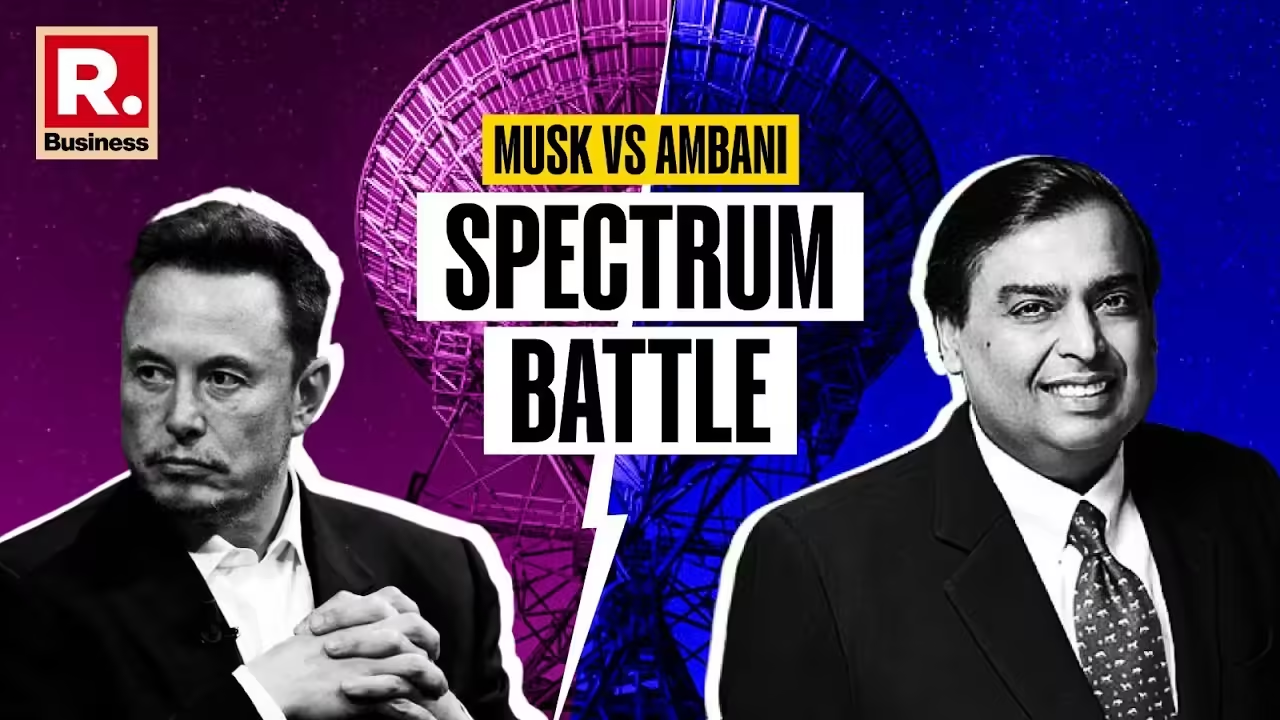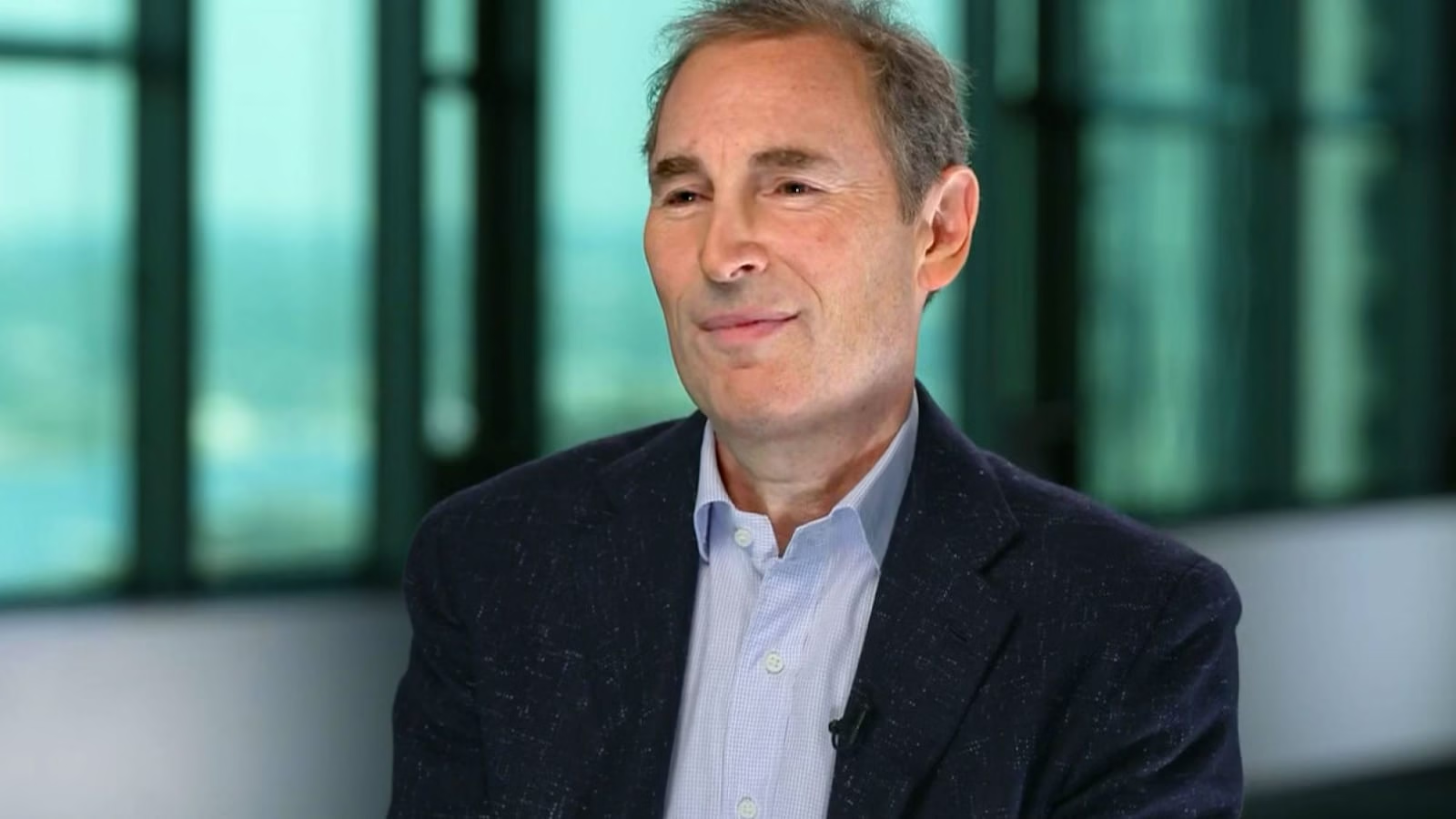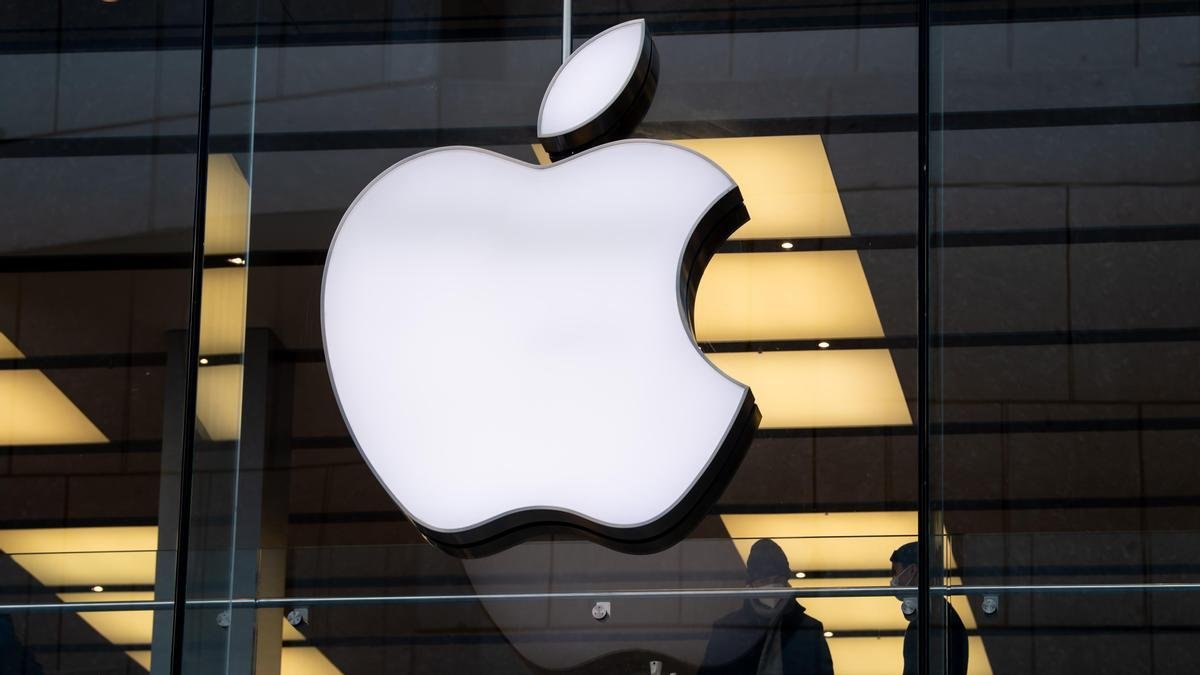After losing a battle with Elon Musk over India’s satellite spectrum allocation, Asia’s richest man, Mukesh Ambani, may face an even bigger challenge if Musk’s Starlink launches in India, potentially sparking a price war between the two billionaires.
On Tuesday, India’s government announced that satellite spectrum would be allocated administratively rather than through an auction, following criticism from Musk about the auction route previously advocated by Ambani. Musk’s Starlink, a SpaceX subsidiary with 6,400 satellites providing broadband to 4 million customers, has expressed interest in entering the Indian market but faced regulatory obstacles.
Ambani, who leads India’s largest telecom company, Reliance Jio, has been trying to maintain a competitive advantage and avoid foreign competition like Starlink. Experts believe that an auction would have required significant investment, discouraging foreign players. Now, Reliance is concerned that, after spending $19 billion on spectrum auctions, it may lose broadband customers to Starlink and potentially see a future threat to its data and voice services as technology evolves.
India’s decision to allocate spectrum administratively aligns with global practices, but no specific timeline has been set. Starlink, however, has already applied for the necessary permits, potentially setting the stage for a pricing battle between Musk and Ambani.
Starlink, with its established satellite network, can aggressively price its services, while Reliance has partnered with SES Astra, which currently operates 38 satellites. Industry analyst Tim Farrar pointed out that Starlink’s large satellite fleet allows it to lower costs, creating a pricing edge. In markets like Kenya, Starlink has offered services for as low as $10 per month, compared to $120 in the U.S., prompting complaints from local operators like Safaricom.
In India, Reliance Jio’s fibre-based broadband plan also costs around $10 per month. Starlink, reportedly planning to offer unlimited data plans in India, is expected to target corporate clients first.
India, the world’s second-largest telecom market with 904 million users, has a significant growth potential. Internet penetration was 52.4% as of early 2024, with 25,000 villages still lacking internet access. Musk has previously stated that Starlink could help bridge this gap in remote areas.
While some analysts believe that terrestrial networks will remain more affordable than satellite services, the looming rivalry between Musk and Ambani has already drawn attention. Musk, responding to reports of Ambani lobbying the Indian government for a spectrum auction, joked on social media that he might call Ambani to ask if Starlink could compete in India.
As Starlink prepares for its Indian launch, the Musk-Ambani face-off appears to be heating up, with both companies readying themselves for a potential showdown in the broadband market.



